Subjectivism is not an absolute principle; it is a necessary but not sufficient condition for sound methodology
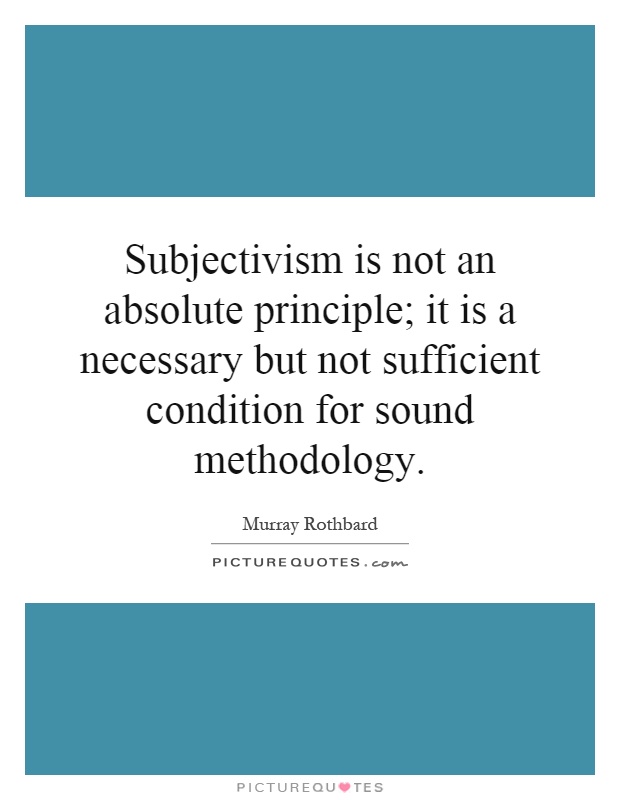
Subjectivism is not an absolute principle; it is a necessary but not sufficient condition for sound methodology
Subjectivism, as a philosophical principle, asserts that individual beliefs, opinions, and perspectives are inherently subjective and cannot be objectively verified or proven. In the context of Murray Rothbard, a prominent libertarian economist and political theorist, subjectivism plays a crucial role in shaping his methodology and approach to economic and political analysis. However, Rothbard also recognizes that subjectivism alone is not enough to ensure a sound and rigorous methodology.Rothbard's adherence to subjectivism is evident in his rejection of positivism and empiricism as the sole basis for economic analysis. He argues that human action is driven by subjective preferences, values, and goals, which cannot be reduced to quantifiable data or empirical observations. Instead, Rothbard emphasizes the importance of understanding individual choices and motivations through the lens of subjective experience and interpretation.
By embracing subjectivism, Rothbard is able to provide a more nuanced and comprehensive analysis of economic phenomena, taking into account the diverse and often conflicting interests of individuals. This allows him to challenge conventional economic theories and offer alternative explanations for economic behavior and outcomes.
However, Rothbard also acknowledges the limitations of subjectivism as a methodological principle. While subjectivism provides valuable insights into human behavior and decision-making, it is not sufficient on its own to establish the validity of economic theories or policy prescriptions. In order to develop a sound methodology, Rothbard argues for the integration of subjectivism with other principles, such as logical reasoning, empirical evidence, and historical analysis.
For Rothbard, a sound methodology requires a balanced approach that combines the insights of subjectivism with other methodological tools. By incorporating multiple perspectives and sources of evidence, Rothbard believes that economists can develop more robust and reliable theories of economic behavior and outcomes.





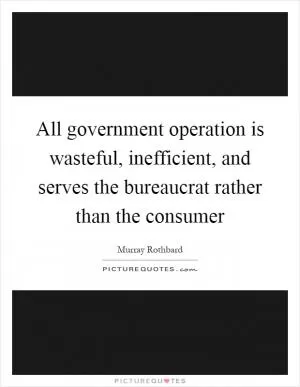

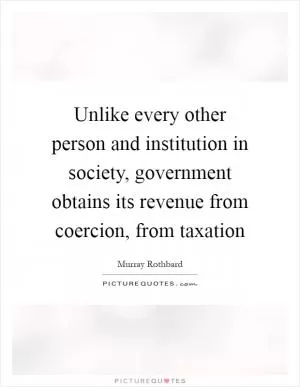
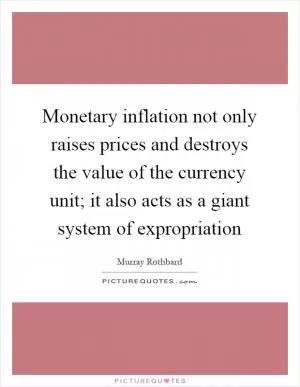
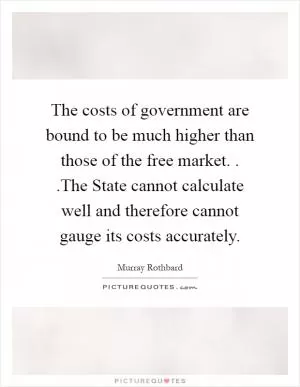


 Friendship Quotes
Friendship Quotes Love Quotes
Love Quotes Life Quotes
Life Quotes Funny Quotes
Funny Quotes Motivational Quotes
Motivational Quotes Inspirational Quotes
Inspirational Quotes